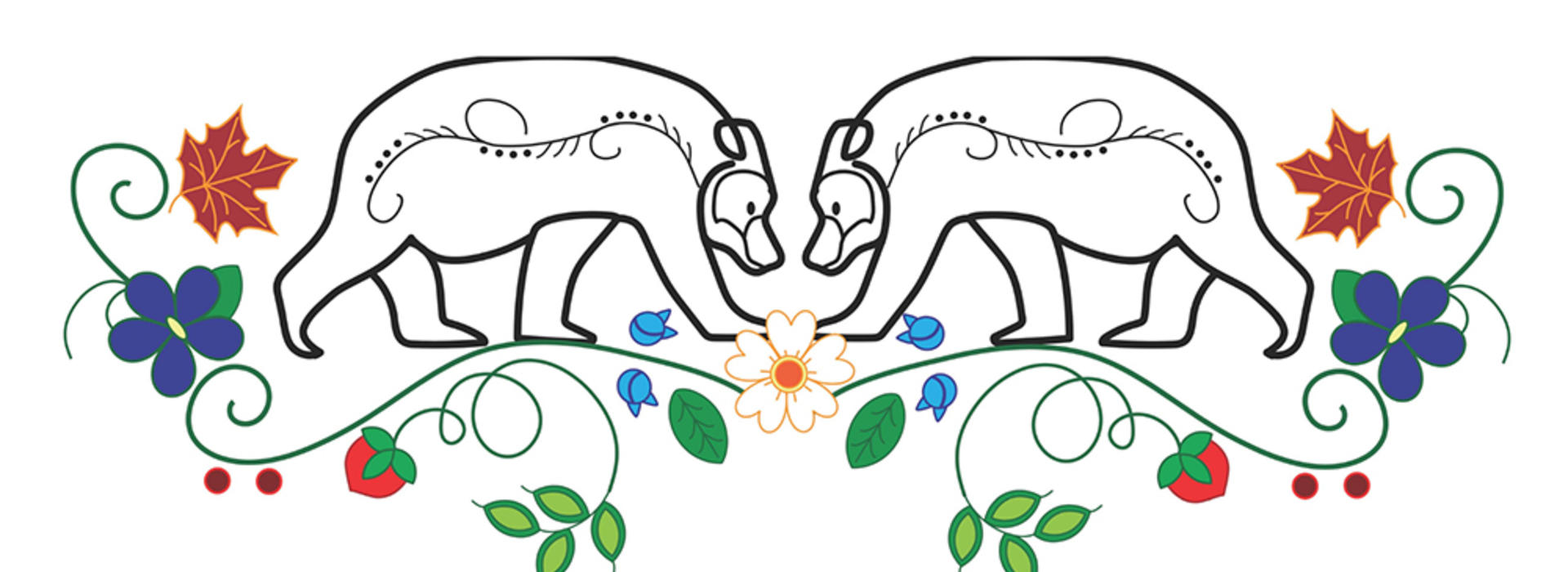
Providing Care to Tribal Communities During COVID-19
Long before COVID-19 reached our communities, tribal nations already suffered higher mortality rates from infectious diseases compared to the general population. The additional setbacks of an underfunded healthcare system, higher rates of poverty and a limited inventory of personal protective equipment have left Native American communities to expect the worst outcomes during the COVID-19 pandemic.
“That’s exactly what we’re experiencing in Indian Country right now from the Navajo Nation,” said Mary Owen, MD, director of the Center of American Indian and Minority Health and assistant professor in the Department of Family Medicine and Biobehavioral Health at the University of Minnesota Medical School, Duluth campus. “They are third in the nation on being the most impacted by COVID-19 after New York City and New Jersey.”
As president-elect of the Association of American Indian Physicians, Dr. Owen partnered with two Native American-owned locum companies to help match physicians and healthcare professionals to tribal communities that have the most needs during the COVID-19 pandemic. These companies will not be billing for services to tribal sites.
“The volunteers have been interested in serving the midwest, which is fine because I think we’ll have issues here as well,” Dr. Owen said.
So far, six full-time providers from Minnesota, including two family physicians, have signed up to volunteer their time and care at tribal sites.
“It’s only been 50 years since the Indian Self-Determination and Education Assistance Act of 1975, that we’ve been able to run our own healthcare systems after centuries of having our systems decimated,” Dr. Owen said. “It takes a while to get back on your feet, and we’re starting to do that. We’re worried about COVID-19 destroying the work that’s already been done to improve our health disparities.”
Dr. Owen explains that it’s not just the immediate health problems that COVID-19 brings to Native American communities; it has also caused setbacks to the primary sources of funding through casinos and tourism that help supplement essential functions. “Now, without those economic bases, we know that health is going to be impacted for a long time to come,” she said.
The Center of American Indian and Minority Health has developed tribal health materials and videos available for download that focus on coping with COVID-19 for both youth and adults. To access those resources, visit med.umn.edu/caimh.